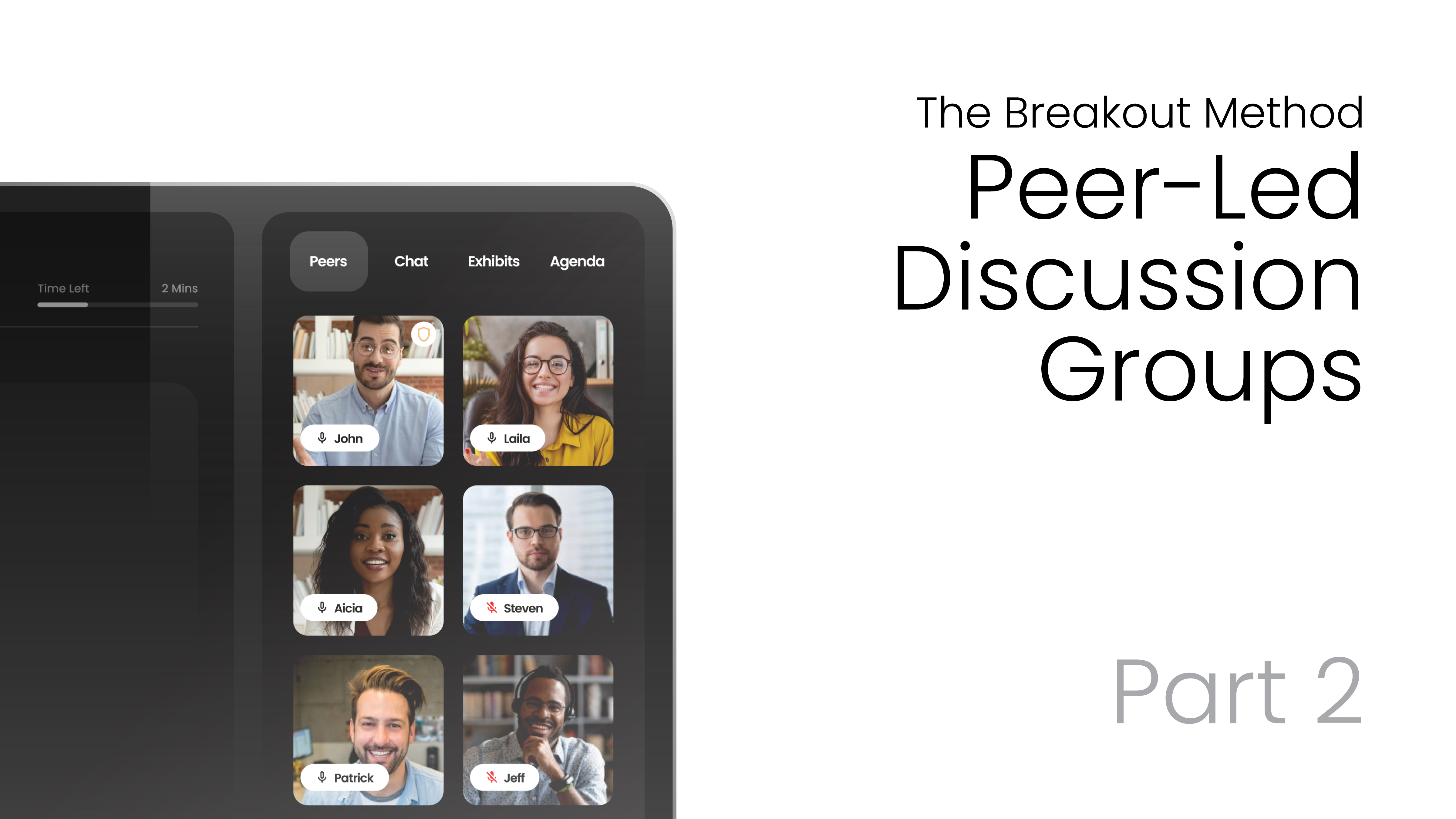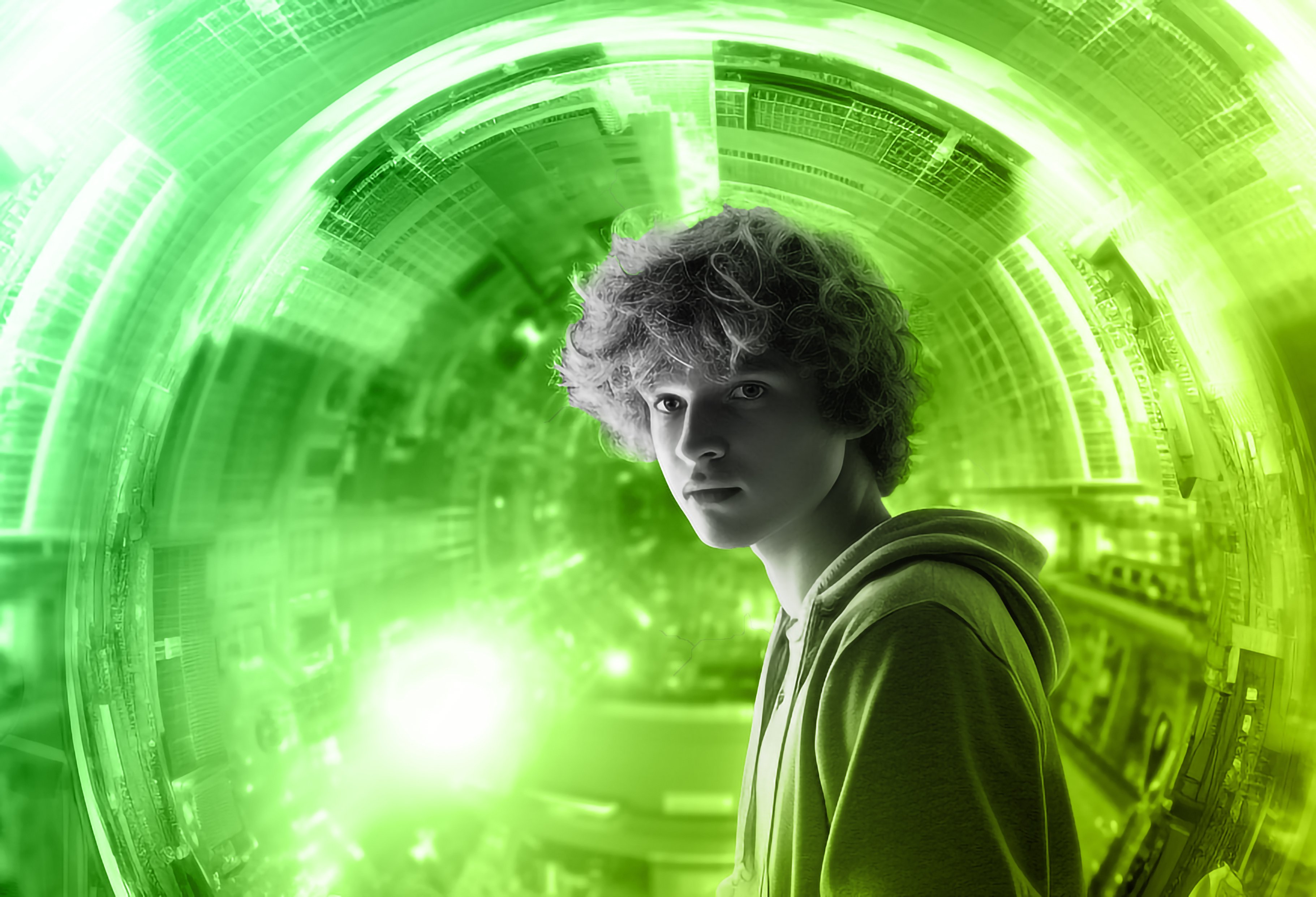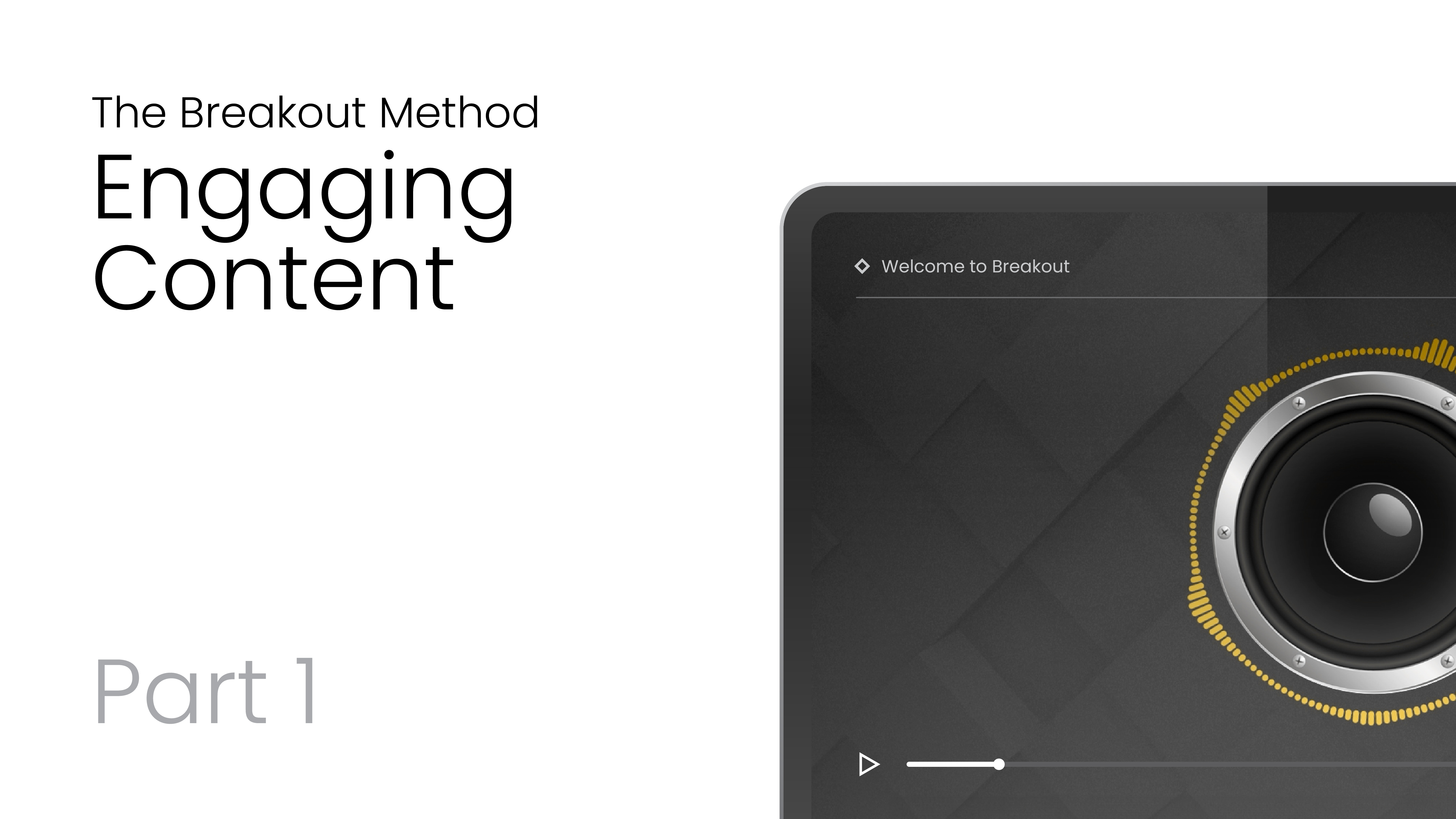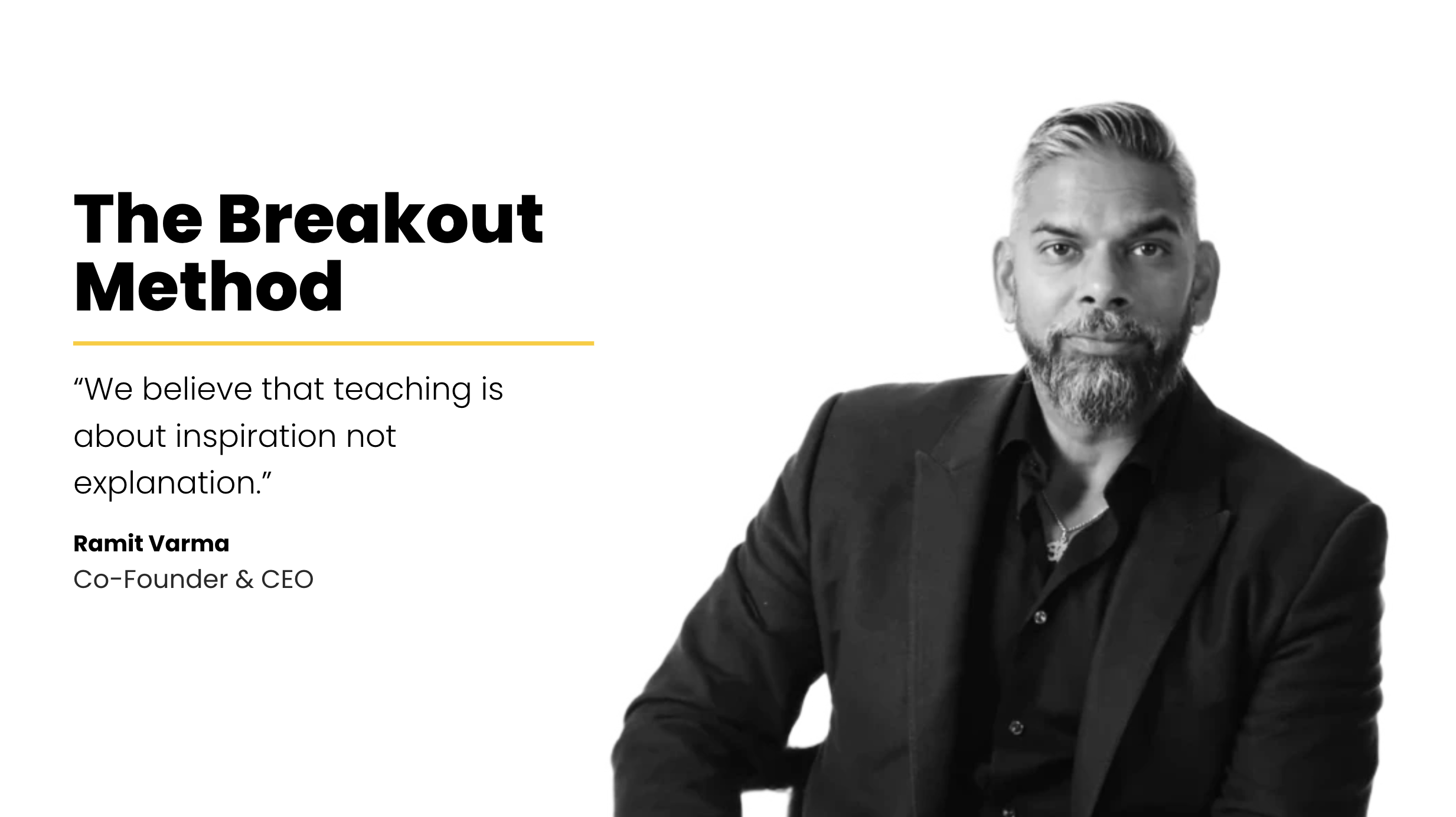

In the ever-evolving landscape of education, one thing remains clear: students today crave an engaging and immersive learning experience. Static textbooks, with their dry pages and uninspiring prose, are increasingly being left behind in favor of more dynamic and effective methods. At Breakout Learning, we firmly believe that delivering educational content through immersive stories and multimedia isn't just a modern trend; it's a pedagogical powerhouse. Let's explore why this approach is more effective for today's students, drawing on research, preferences, and the undeniable power of multimedia.
1. Learning through Stories: Adding Context and Relevance
Ever wonder why certain academic fields use "case studies" to teach complex concepts? It's because stories add context and relevancy, making information more memorable and stickier. When students are immersed in a narrative, they can connect abstract ideas to real-world scenarios, fostering a deeper understanding and retention of the material.
2. Multimodal Learning: Engaging Our Senses
Multimodal learning theory suggests that when we engage multiple senses—visual, auditory, kinesthetic—during the learning process, we comprehend and remember more. Reading static textbooks primarily stimulates the visual sense, but multimedia can cater to all our senses. Imagine the difference between reading about a volcano and watching a video that lets you see the eruption, hear the rumbling, and almost feel the heat. It's no wonder students are drawn to this enriching experience.
3. The YouTube Generation: A Preference for Multimedia
Today's students are part of the YouTube generation, having grown up learning from video content. In a study by Neil Granitz, Chiranjeev Kohli, and Matthew P. Lancellotti, a staggering 83% of students preferred videobooks over traditional textbooks. They've spent countless hours on YouTube, absorbing knowledge and entertainment simultaneously. This preference for multimedia is a testament to its effectiveness as a learning tool.
4. Multimedia: The Power of Immersion
We've all experienced the captivating power of multimedia, whether through gripping podcast stories or immersive movies. Multimedia allows us to lose ourselves in a narrative, to become part of the story. This level of engagement is unparalleled and can be harnessed for educational purposes to make learning a thrilling adventure.
5. Collective Consumption and Discussion
Unlike reading, which is often best consumed individually, multimedia enables collective consumption. Students can experience content together and immediately transition into meaningful discussions. Just as we love to debate a movie's plot twist with a friend, students relish the opportunity to discuss an immersive learning scene they've experienced as a group. Shared experiences lead to richer intellectual journeys.
6. The Pitfalls of Misinformation
It's crucial to acknowledge that the engagement factor of video can backfire when it spreads misinformation. Consider the New York Times article on "The Titanic Truthers of TikTok." On the short-form video app, long-established facts about the 1912 disaster at sea are being reexamined, with rumors and manipulated content muddying the waters. This highlights the need for responsible use of multimedia in education.
7. Harnessing Immersive Stories for Positive Learning
Rather than shying away from multimedia due to its potential pitfalls, we should leverage its positive promise for educational purposes. Immersive stories are a powerful tool that can be harnessed in a way that allows students to experience content together, critically think about it, and discuss it as a group. It's about guiding students toward a responsible and enlightening use of multimedia as a learning tool.
8. Breakout Learning's Innovative Approach
At Breakout Learning, we've taken this philosophy to heart and designed a new learning format that harnesses the power of immersive stories and multimedia for the benefit of education. Our approach not only engages students in a captivating learning journey but also facilitates meaningful small-group discussions. Our AI technology even grades the quality of these discussions, strengthening students' critical thinking and communication skills. It's about empowering the next generation of learners with the tools they need to succeed in an ever-evolving world.
In a world where learning is evolving at a rapid pace, one thing is certain: the immersive content revolution is here to stay. Join us on this exciting journey into the future of education, where engagement and understanding go hand in hand, and where students are empowered to thrive in the digital age.
One of Breakout Learning’s co-founders, Steven Walters is an award-winning writer, director, producer, entrepreneur and educator. He is the executive producer of multiple critically acclaimed podcast series, including "American Election: Wicked Game," "Business Movers," "History Daily," as well as the co-creator and head writer of "1865," which The A.V. Club hailed as "the best audio fiction podcast of all time."
Up next


The Breakout Method: Part 1 – Engaging Content
This video details the first step in Breakout Learning's educational methodology.

The Breakout Method
With The Breakout Method, students listen to engaging podcasts and then meet online in small groups to watch dramatized reenactments. At key moments, they engage in discussions, while AI listens and reports back to instructors, helping them lead more...

.png)